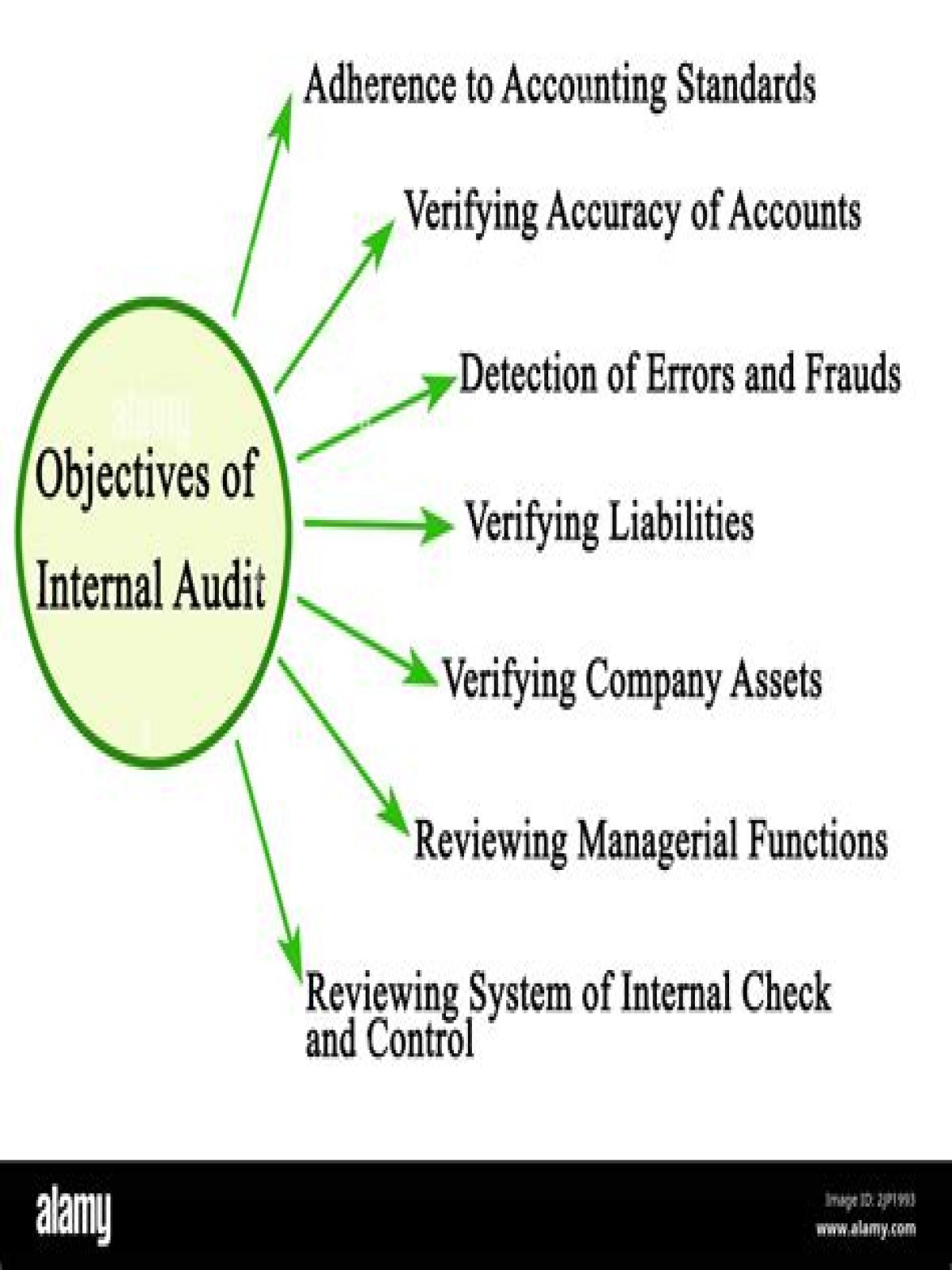What are the main objectives of internal audit?
Objectives of Internal Audit
- Proper Control. One of the main objectives of an internal audit is to keep stringent control over all the activities of an organization.
- Perfect Accounting System.
- Review of Business.
- Asset Protection.
- Keeps a Check on Errors.
- Detection of Fraud.
What is the purpose of an internal audit plan?
The purpose of auditing internally is to provide insight into an organization’s culture, policies, procedures, and aids board and management oversight by verifying internal controls such as operating effectiveness, risk mitigation controls, and compliance with any relevant laws or regulations.
What should be in an internal audit plan?
Key content can include: • background of area • objective of audit • key risks and processes under review • scope – areas that are in scope and those that are out of scope • timeline • resources • expectations of management • period under review • concerns or requests from management.
What objectives might an audit plan include?
The main objectives of audit plan include:
- Help audit team members to focus and pay attention to the key risk areas of the audit.
- Help team members to identify issues regarding the audit and solve them on a timely basis.
- Help audit team to perform audit engagement in an effective and efficient manner.
What are the objectives of internal controls?
The primary purpose of internal controls is to help safeguard an organization and further its objectives. Internal controls function to minimize risks and protect assets, ensure accuracy of records, promote operational efficiency, and encourage adherence to policies, rules, regulations, and laws.
What are the different objectives of the organization and how does the internal audit help the organization achieve each objective?
What Is Internal Audit? Internal Audit helps an organization accomplish its objectives by bringing a systematic, disciplined approach to evaluate and improve the effectiveness of risk management, control, and governance within the organization.
What is an internal audit work plan?
Annually, Internal Audit compiles a work plan to guide the efforts of the division so that limited resources can be focused on the highest identified risk areas. Upon completion and review of the results of the risk assessment survey a revised plan summarizing the Fiscal Year 2019 Work Plan will be presented.
What are audit objectives examples?
Examples of Audit Objectives
| Focus area | Descriptive audit objective |
|---|---|
| Efficiency results | To assess an organization’s (or a program’s) current operational efficiency performance. To assess an organization’s (or a program’s) operational efficiency performance over time. |
What are the audit objectives to be performed by the IT auditor?
What are the objectives of an IT audit?
- Achievement of operational goals and objectives.
- Reliability and integrity of information.
- Safeguarding of assets.
- Effective and efficient use of resources.
- Compliance with significant policies, procedures, laws and regulations.
What are the goals of an internal audit?
Objectives of audit programs. When developing an audit program, the internal auditor and its associated audit team should start with outlining the audit’s objectives, goals and obligations. Audit program objectives help direct planning of the audit report and are based on the policies, procedures and guidelines unique to the company.
What are the goals of Internal Auditor?
Key Takeaways An internal auditor (IA) is a trained professional tasked with providing independent and objective evaluations of company financial and operational business activities. They are employed to ensure that companies follow proper procedures and function efficiently. Final reports are presented to senior management and can include recommendations.
What is the purpose of an internal audit?
Purpose of the internal audit. The main responsibilities of the internal audit to develop the documents, implementation , test and comprehensive plan and provide assurance to the system of the internal control; to make sure that college policies, rules and regulation are complied with judiciously.
What are the disadvantages of an internal audit?
Disadvantages of outsourcing internal audit are as follows: Absence of ownership. Lack of knowledge of business process. Lack of coordination. Finding fault mindset etc.
